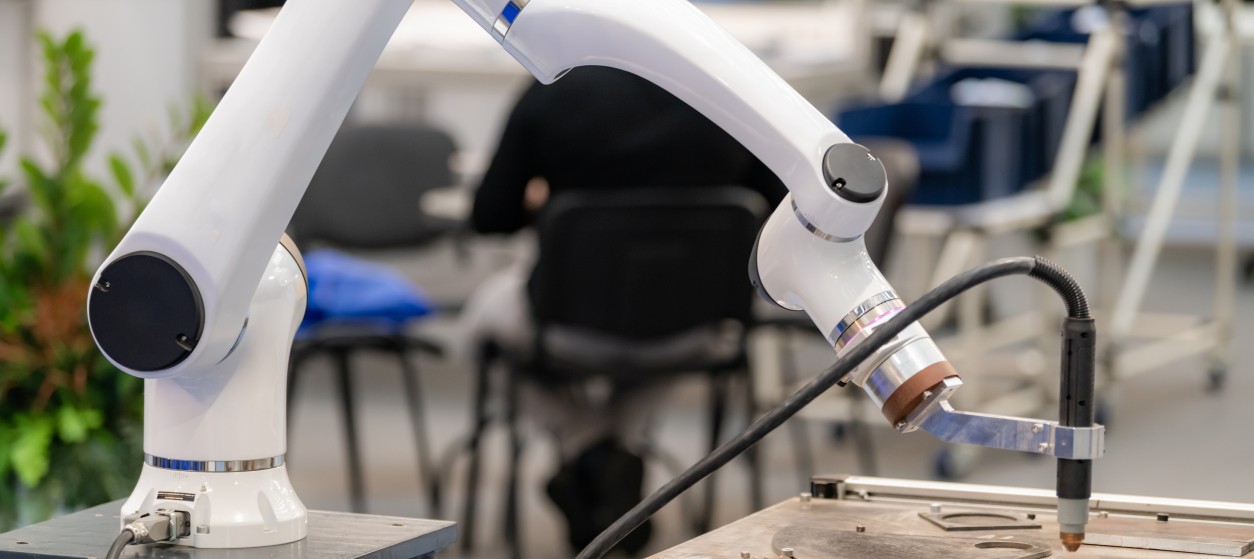In recent years BigData technologies are rapidly disrupting entire economic sectors, through a shift towards more automated data-driven decisions. BigData facilitates the integration and consolidation of knowledge from numerous data sources, including different types of databases, streaming data sources, and data at rest. Furthermore, the application of BigData Analytics technologies such as Machine Learning (ML) and Artificial Intelligence (AI) enable the extraction of knowledge from these various. In several cases, the extracted knowledge includes the discovery of hidden patterns of knowledge, beyond what is already known in the target application domain. Hence, BigData analytics can produce unique insights that drive more timely and effective decisions.
One of the sectors that leverages extensively the benefits of BigData technologies and BigData analytics in healthcare. The rationale behind the large-scale deployment and use of BigData technologies in healthcare is twofold. On the one hand, BigData technologies boost the accuracy of clinical decisions based on the collection and processing of large volumes of healthcare-related datasets. On the other, they also automate these decisions by accelerating the collection and analysis of heterogeneous datasets. Overall, BigData technologies and Artificial Intelligence are transforming the healthcare sector in five different, yet complementary ways.
1. Integrated Knowledge Bases of Clinical Evidence
Medical decisions are usually driven by clinical knowledge. The latter consolidates research and clinical findings, which are typically contained in medical books, research papers, IT knowledge bases, and other sources of knowledge. These knowledge bases are combined with information from a limited number of sources such as the patient’s examinations and medical history as part of Medical Health Records. Nevertheless, they do not integrate other knowledge sources such as real-world data about the patient’s lifestyle and activities, even though there is clinical evidence that such data influence the way patients react to certain diseases. The advent of BigData technologies enables the collection, integration, and consolidation of data from more sources than ever before, which enables the development of richer and more integrated knowledge bases of clinical evidence. The latter are not limited to conventional medical, biochemical, clinical, molecular, and genomic data. They can also combine information from IoT (Internet of Things) devices (e.g., wearables, smartphones), medical devices, as well as alternative data sources such as information from patient networks (e.g., PatientsLikeMe.com). Based on integrated knowledge bases of clinical evidence, doctors, medical experts, and other healthcare professionals can derive unique insights that boost the accuracy and effectiveness of their clinical decisions.
2. Improved and Timely Diagnosis
Integrated knowledge bases can enable the diagnosis of certain diseases with increased accuracy. This becomes possible thanks to the availability and use of more data for certifying a specific diagnosis. Most importantly, it is possible to apply Artificial Intelligence techniques to extract diagnostic insights beyond state-of-the-art clinical knowledge. Such diagnostic insights could lead to early diagnosis of diseases with high mortality rates (e.g., cancer), which could literally save lives. In this context, early diagnosis is performed by capturing diagnostic signals that provide more timely insights than conventional examinations (e.g., colonoscopy, mammography). In this way, BigData and AI technologies become the doctors’ valuable allies in combating one of their worst enemies, namely the delayed diagnosis of a deadly disease.
3. From Disease Diagnosis to Prognosis and Treatment
Diagnostic decisions, yet extremely important, are only the tip of the iceberg. By considering and combining multiple sources of knowledge, clinicians can solve much more complex clinical problems, such as the prognosis of diseases and the selection of the optimal treatment. Prognosis is much more complex than diagnosis, as it considers not only medical examinations (e.g., hematological, and biochemical information), but also parameters like genomics, the patient’s lifestyle, and his/her medical history. Likewise, the selection of the optimal treatment requires the consideration of multiple parameters towards matching the patient’s phenotype with the optimal combination of available therapeutic options. In most cases, there no single (i.e. “one-size-fits-all”) treatment for all patients. Rather the treatment is tailored to the needs and the status of a specific patient as part of a BigData/AI enabled personalization of clinical decisions.
4. Personalization of Clinical Decisions
BigData and AI technologies hold the provide to personalize healthcare delivery. The rationale behind this personalization is that no patient is the same with another patient. Hence, there is much room for personalizing diagnostic, prognostic, and treatment decisions. In this direction, healthcare service providers and biotech enterprises are working towards constructing digital models of the patients. These models serve as a basis for establishing a faithful digital image of the patient i.e. a computerized model that is connected and synchronized with the actual state of the patient. This model is sometimes coined as the patient’s digital twin and can be used to drive the personalization of clinical decisions. Likewise, the execution of certain AI algorithms (e.g., clustering, unsupervised learning) on their digital twins can enable the discovery of patients’ phenotypes. The latter can be used to study the personalization of drugs and treatments towards discovering the ones with the best efficacy for each phenotype.
5. Automation in Decision Making
BigData technologies provide exceptional automation in the in-depth analysis of the data within very short time frames. Indeed, BigData systems can process data from integrated knowledge bases in a short time. This is hardly possible for human medical professionals, which are constrained by their processing capacity and the need to deal with numerous patients within a very short timeframe. In this context, automation is a key prerequisite for making the AI-based clinical decision making practical and applicable in real-life healthcare settings.
Overall, the advent of BigData technologies is revolutionizing many healthcare processes, including diagnosis, prognosis, treatment, and management of diseases. Furthermore, they can assist patients regardless of their age, condition, and disease. In recent years we have witnessed many instances of the disruptive impact of BigData and AI in healthcare. Nevertheless, the application of BigData and AI in the healthcare sector is still in its early stages. In the coming years, we will witness an explosion in the number and the volume of healthcare datasets. Coupled with advances in AI and the abundance of computational capacity, these datasets will give enable the development of many practical healthcare applications.










